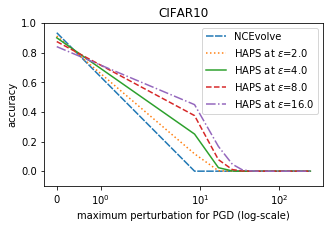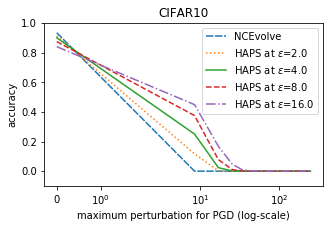Adversarial training is a computationally expensive task and hence searching for neural network architectures with robustness as the criterion can be challenging. As a step towards practical automation, this work explores the efficacy of a simple post processing step in yielding robust deep learning model. To achieve this, we adopt adversarial training as a post-processing step for optimised network architectures obtained from a neural architecture search algorithm. Specific policies are adopted for tuning the hyperparameters of the different steps, resulting in a fully automated pipeline for generating adversarially robust deep learning models. We evidence the usefulness of the proposed pipeline with extensive experimentation across 11 image classification and 9 text classification tasks.
翻译:反向培训是一项计算成本高昂的任务,因此,在标准上,寻找坚固的神经网络结构可能具有挑战性。作为迈向实际自动化的一个步骤,这项工作探索了一个简单的后处理步骤在形成强有力的深层次学习模式方面的效力。为了实现这一目标,我们采用对抗性培训作为从神经结构搜索算法中获得的优化网络结构的后处理步骤。采取了调整不同步骤的超参数的具体政策,从而形成了一个完全自动化的管道,产生充满敌意的强有力的深层次学习模式。我们证明拟议的管道很有用,在11个图像分类和9个文本分类任务中进行了广泛的实验。







